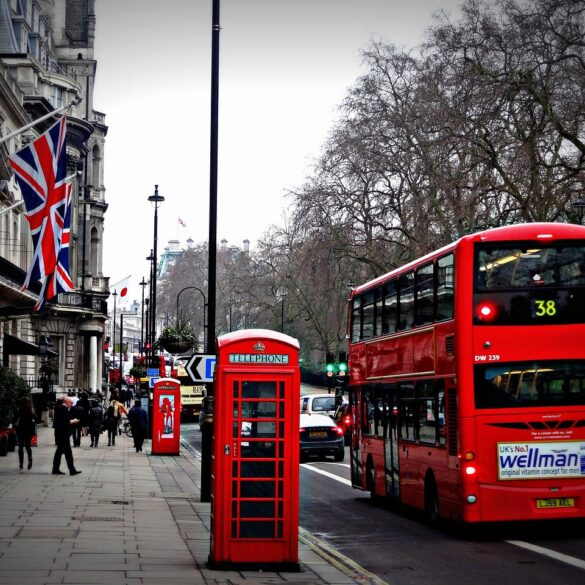The Court Of Justice of the European Union recently took to stating that member states of the union have the authority to prohibit any non-essential travel to or from other countries.
These countries may include other members of the union and any countries that were previously classified as red.
However, the Court specified that the member state would need to have valid reasons to do so and present them accordingly.
Nordic Info
A tour operator in the EU, Nordic Info, took to canceling all the flights going to and arriving from Belgium and Sweden back in 2020.
They had been planned for the summer season, but the tour operator, who organizes trips to Sweden, thought it was better to prevent a further outbreak of the virus.
In July 2020, Sweden was placed on the red list, and Belgium took to classifying various territories as the same, especially since they posed high risks in terms of the coronavirus pandemic situation.
On the 15th of July 2020, Sweden was moved once again to the orange list. This list included countries whose citizens were subjected to milder travel requirements.
As a result, they were not forced to undergo the quarantine process or extensive testing for the virus.
Belgium
Despite the steps taken by the Health Ministry in Belgium, Nordic Info believed that the country made errors when it came to adopting COVID-19 regulations set forth by the Court of Justice.
Consequently, the tour operator is currently seeking compensation in a Belgian court for the losses provoked by the introduction and alteration of the color codes.
For this reason, the Belgian Court turned to the Court of Justice of the European Union, requesting it to examine the measures.
It further requested that the Court of Justice determine whether the measures implemented back then were in line with the relevant laws and Schengen Borders Code.
After much debate, the Court specified that the laws levied in 2020 were reasonable and legal, which was necessary to combat the coronavirus pandemic.
It stipulated that member states had, and still have, the freedom to prohibit any non-essential travel from any country within the EU or any other country in general, which has been classified as red.
It further gave power to the countries to impose a series of screening tests and quarantine requirements if need be.
Court of Justice
According to the Court, measures that limit the freedom of movement within the country can be laid down through legislation of general application.
As a rule, the application would have to contain specific reasons and lay down policies to be levied for the citizens of that country.
However, the Court further reminded that the application would be open to challenge and non-discriminatory.
In addition, the Court took to stressing that any limitations placed on free movement would have to comply with the principle of proportionality.
For this reason, restrictions would have to be appropriate to attain the public health objective being pursued by all other countries.



